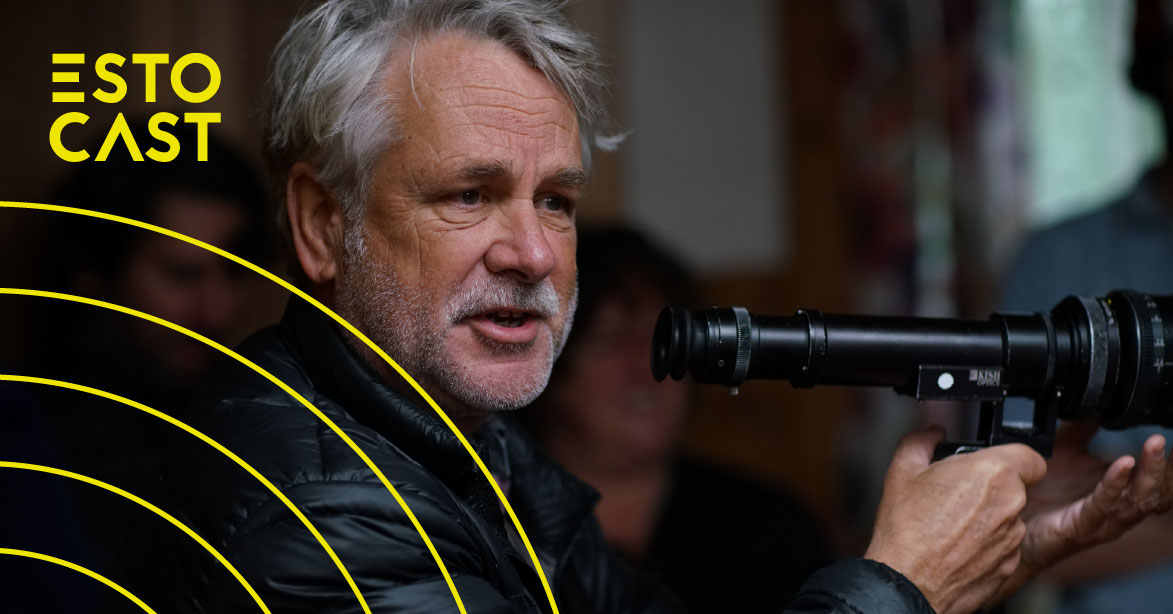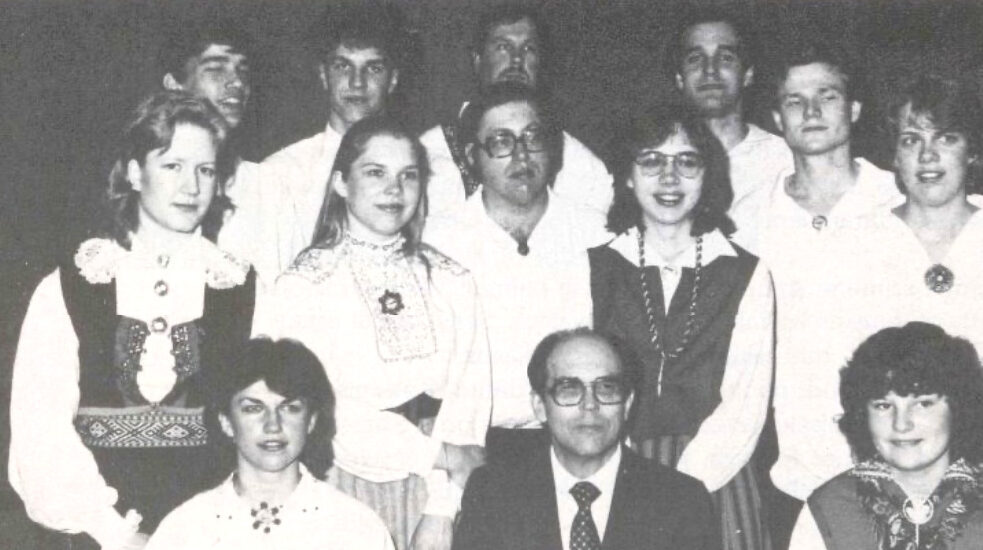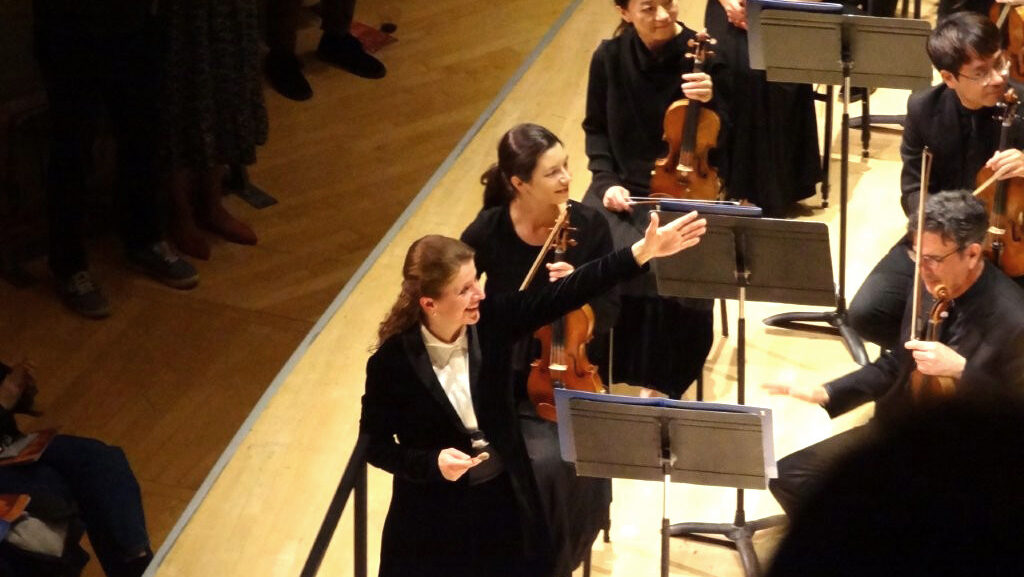The selection of an additional language often comes down to ones with recognizable vocabulary and — just like English — a large number of speakers and widespread influence. French, Spanish, and Italian, for instance. That, however, leaves out Estonian, and most languages of the world for that matter. Languages that diverge significantly from English’s Indo-European roots and that can be challenging to grasp.
As a Finno-Ugric language, Estonian stands apart with its unique word origins, vowel sound subtleties, and the declension of nouns and adjectives. Although there is a growing collection of online, printed, and in-person educational resources, it’s still less accessible. This frustration is shared by many younger generations of Canadians with Estonian heritage, who are seeking out a better understanding of their roots. And so, as time and finances allow, young Estonians will go study or work in Estonia, to learn through immersion.
When practice and expert guidance are needed to learn all about life in another language, this makes a connection to one’s roots much more difficult to grow.
Täismahus artikkel on loetav Eesti Elu tellijatele
Igal nädalal toome me sinuni kõige olulisemad kogukonna uudised ja eksklusiivsed lood uutelt kolumnistidelt. Räägime eestlastele südamelähedastest teemadest, kogukonna tegijatest ja sündmustest. Loodame sinu toele, et meie kogukonna leht jätkuks pikkadeks aastateks.
Hind alates $2.30 nädalas.



